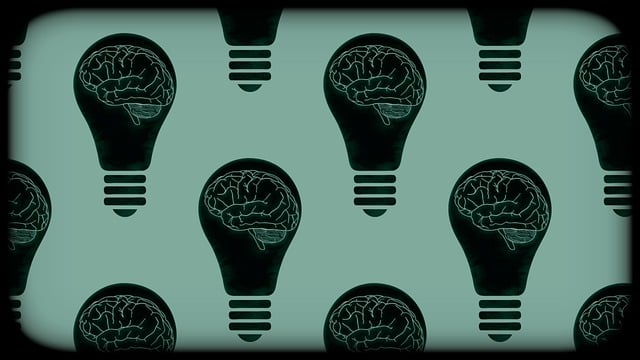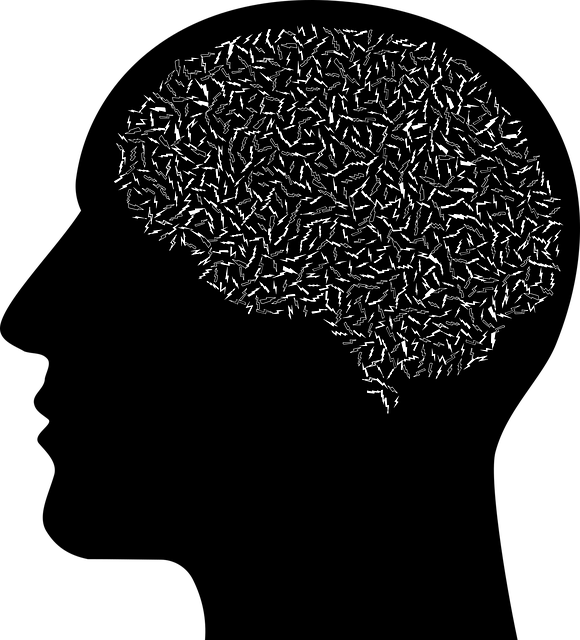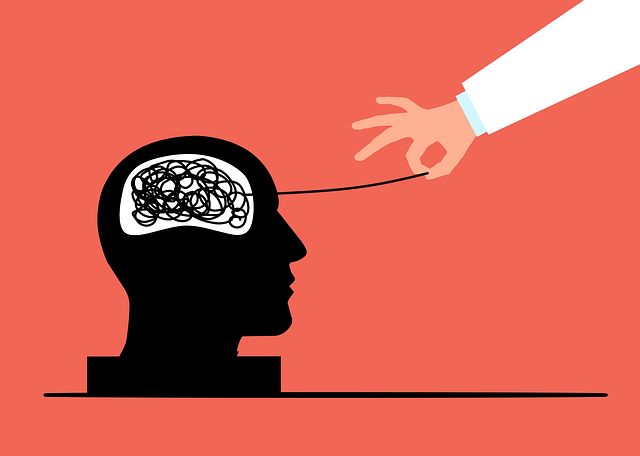Christian counseling provides a non-judgmental, compassionate space for older adults seeking therapy, addressing mental health concerns through evidence-based practices integrated with spiritual beliefs. Organizations are recognizing the importance of burnout prevention workshops and stigma reduction efforts, including education, community engagement, and media campaigns, to create more supportive environments for elders. Tailored coping strategies, stress management education, and holistic approaches empower individuals to improve their mental wellness while aligning with their values and faith.
Mental illness stigma remains a significant barrier, especially for elders seeking support. This article explores comprehensive strategies to reduce this pervasive issue. We delve into the profound impact of stigma on elderly populations and its deterring effect on them accessing essential therapy services. Furthermore, we examine the unique role of Christian counseling in fostering understanding and acceptance, offering an alternative approach to combat societal stigma. By examining these aspects, we aim to illuminate effective paths toward a more inclusive society.
- Understanding Mental Health Stigma and Its Impact on Elders
- The Role of Christian Counseling in Combating Stigma
- Effective Strategies for Reducing Mental Illness Stigma in Society
Understanding Mental Health Stigma and Its Impact on Elders

Stigma surrounding mental health issues often disproportionately affects older adults. This can lead to significant barriers when it comes to seeking help and accessing appropriate care. Many elderly individuals may feel embarrassed or ashamed to discuss their struggles, believing that mental illness is a sign of weakness or something to be hidden. Such beliefs are deeply rooted in societal perceptions and can prevent them from reaching out for support.
Christian counseling offers a unique approach to addressing these challenges, providing a safe and non-judgmental space for elders to explore their mental health concerns. Through tailored therapy sessions, elderly individuals can learn effective coping strategies, gain insights into managing stress, and participate in mental health education programs designed to enhance well-being. Additionally, organizations are increasingly recognizing the importance of burnout prevention and stress management workshops specifically targeted at older adults, fostering a more supportive environment and reducing the stigma associated with seeking help.
The Role of Christian Counseling in Combating Stigma

Christian Counseling plays a pivotal role in reducing stigma surrounding mental illness, offering a unique and supportive space for individuals seeking therapy. This approach integrates spiritual beliefs with evidence-based practices, providing comfort and understanding to those who may feel judged or misunderstood by mainstream mental health services. The gentleness and empathy inherent in Christian counseling sessions can foster self-awareness exercises that help elders grapple with their conditions without fear of ostracization.
Moreover, the focus on nurturing mental wellness through prayer, biblical teachings, and community support complements traditional therapy for elders. By combining Stress Reduction Methods tailored to their faith and life experiences, Christian counselors empower individuals to develop coping mechanisms that not only alleviate symptoms but also strengthen their connection with a higher power. This holistic approach has proven effective in promoting healing and integration, ultimately contributing to the overall well-being of older adults grappling with mental health challenges.
Effective Strategies for Reducing Mental Illness Stigma in Society

Reducing mental illness stigma requires a multi-faceted approach that targets various segments of society. One effective strategy involves compassion cultivation practices integrated into educational and community settings, fostering empathy and understanding. These practices can help dispel myths and promote positive attitudes towards mental health challenges, especially among the elderly population who may face unique barriers to care.
Additionally, public awareness campaigns development leveraging platforms like the Mental Wellness Podcast Series Production can significantly impact societal perceptions. By sharing personal stories, providing accurate information, and highlighting successful recovery narratives, these campaigns humanize mental illness. Tailoring messaging for specific demographics, including older adults seeking Christian counseling, ensures that stigma-reducing efforts resonate with diverse audiences, fostering a more supportive and inclusive society.
Mental illness stigma reduction is a multifaceted approach, and as discussed, both understanding and action are crucial. By shedding light on the impact of stigma on elders through awareness, we can create a more inclusive society. Integrating therapy for elders, such as Christian counseling, offers a unique and supportive environment to combat existing biases. Implementing effective strategies that encourage open conversations, educate communities, and promote empathy is essential in reducing mental illness stigma. These collective efforts pave the way for a more accepting world where everyone receives the necessary support without fear of judgment.














